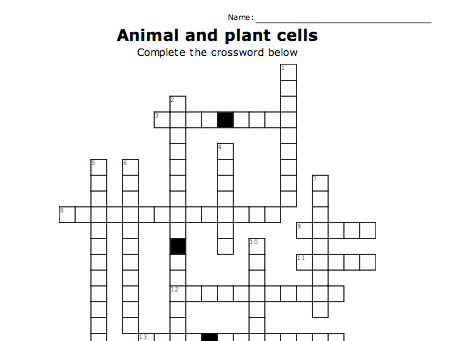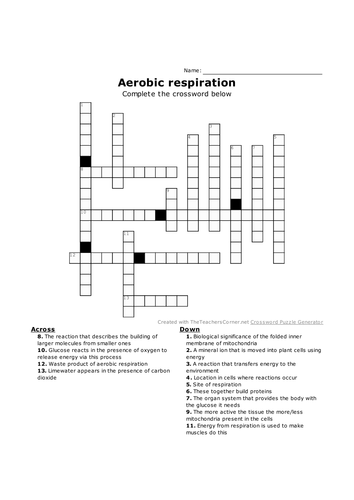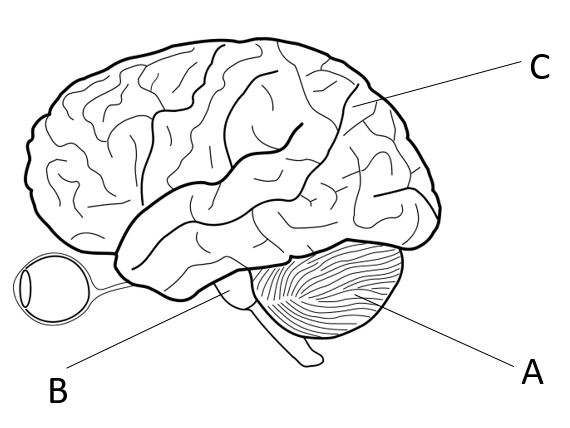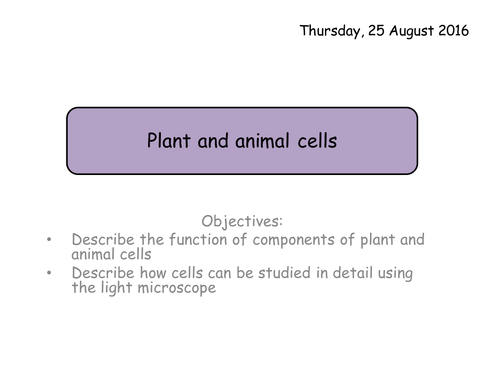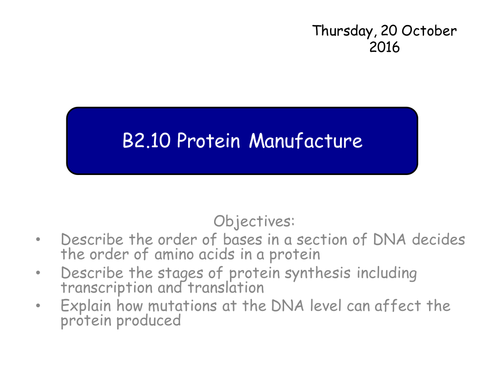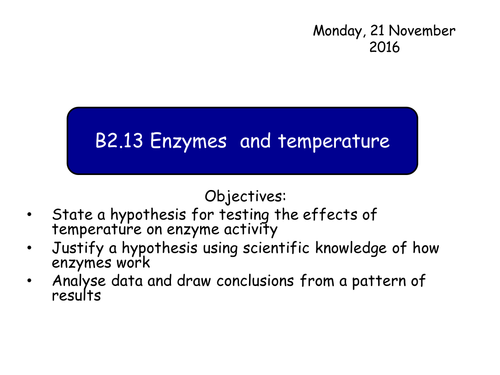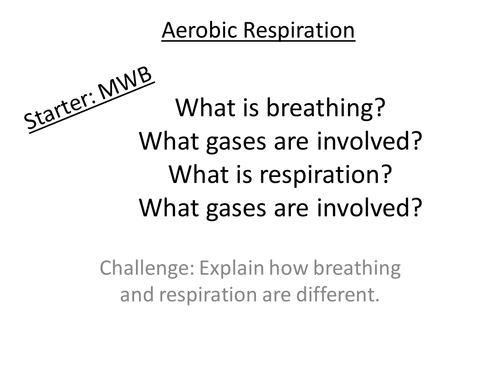DrMeg Morinho's Shop
Hello! Welcome to my shop. Please take a moment to browse. You’ll find high quality biology resources that are fun, engaging and pupil-led. As a teacher I've implemented the things I've always wanted in my lessons, into my resources. That is, resources of excellent quality that truly impact learning. As we know, efficiency is paramount therefore my full-lessons incorporate mark-schemes too, all ready to go! Leaving you with more time to focus on being present for your students.




